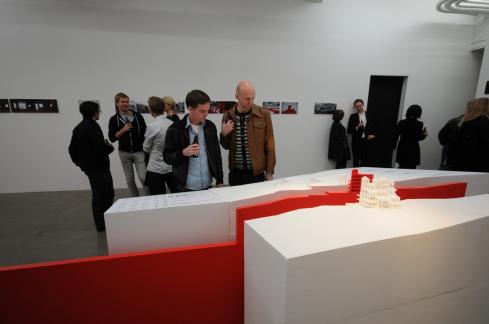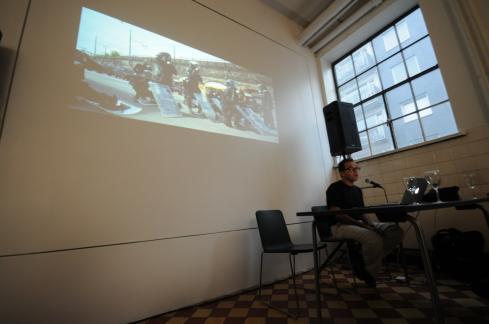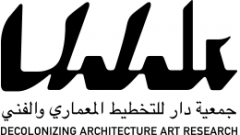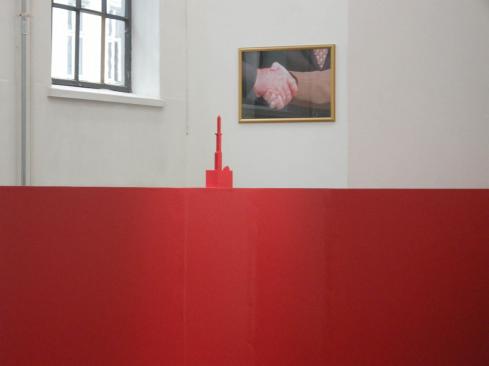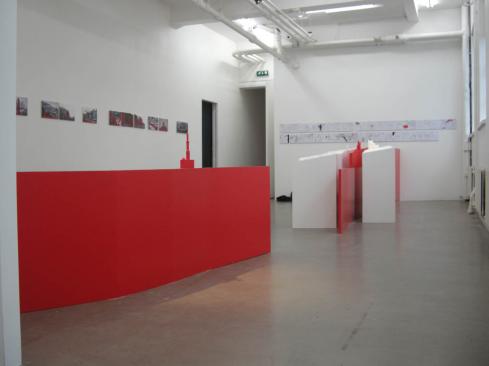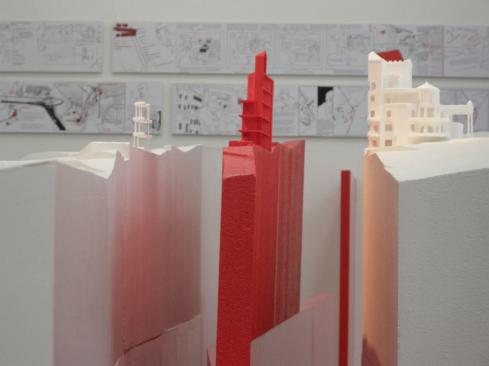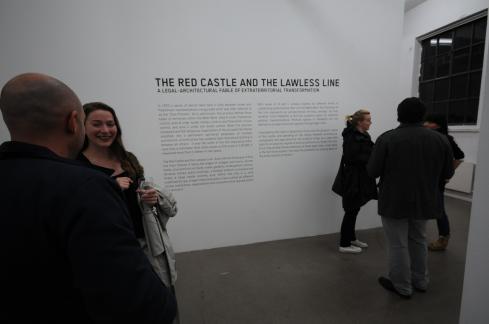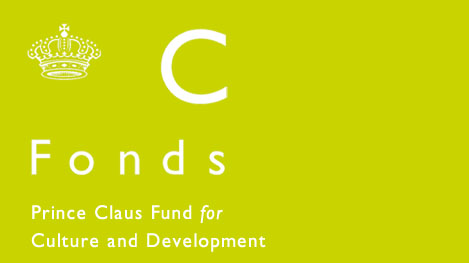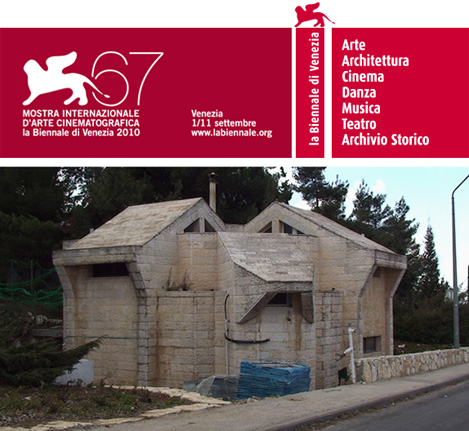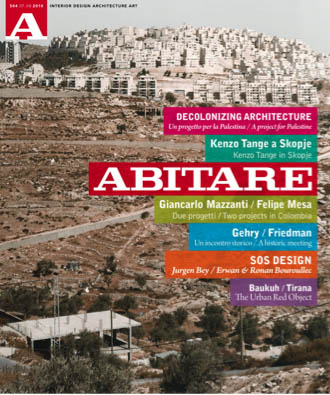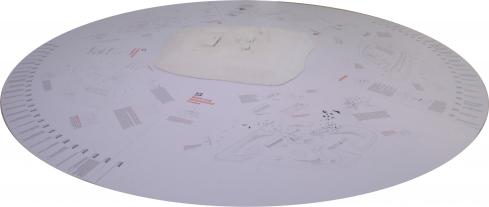Posted: 15.10.2010
Exhibition period: 25.September-24 October 2010
http://www.0047.org/
…………………………………………………………………………..
The Red Castle and the Lawless Line: A legal-architectural fable of extraterritorial transformation
In 1993 a series of secret talks held in Oslo between Israeli and Palestinian representatives inaugurated what was later referred to as the “Oslo Process”. As is well known, this process defined three types of territories within the West Bank. Area A under Palestinian control, area B under Israeli military control and Palestinian civilian control, and area C under full Israeli control. When the process collapsed and the temporary organization of the occupied territories solidified into a permanent splintered geography of multiple prohibitions, a fourth place has suddenly been discovered.
Existing in between all others – it was the width of the line separating them. Less than a millimeter thick when drawn on the scale of 1:20,000, it measured more than 5 meters in real space. The project dives into the thickness of this line then follows it along the edges of villages and towns, across fields, olive and fruit orchards, roads, gardens, kindergartens, fences, terraces, homes, public buildings, a football stadium, a mosque and finally a large castle recently built. Within this line is a zone undefined by law, a legal limbo that pulls in like a vortex all different forces, institutions, organizations and characters that operate within and around it.
With areas A, B and C already claimed by different forms of cooperating governments that rule the West Bank, we see in the thickness of the line an extraterritorial territory, perhaps “all that remains” from Palestine, a thin but powerful space for potential political transformations. Political spaces in Palestine are not defined by its legal zones, but operate thoughts legal voids. Investigating the clash of geopolitical lines onto the domestic space of the castle, and operating on the margin between architecture, cartography and legal practice, we seek to bring up a case that calls for an anarchic regime of political autonomy to inhabit this line. It is in the extraterritorial dimension of these seam lines, small tears in the territorial system, that we see the possibility for tearing apart of the entire system of divisions.
Decolonizing Architecture, an architectural studio residency run by Alessandro Petti, Sandi Hilal and Eyal Weizman, has been in recent years engaged in a series of projects investigating and intervening in the extreme spatial conditions that exist within the Palestinian territories. Their projects propose transformation — some provocative others ironic — of the existing architecture of Israeli colonization. In the summer of 2010 they lead, in cooperation with UNESCO and Al-Quds/Bard University local authorities and NGOs an international residency and summer school in the village of Battir the West Bank. This project was dealing with the subversion of another powerful reality in the colonial matrix of control — its legal architecture. With their conceptual signature of working with but also subverting the existing order, they have proposed a new hopeful reality to inhabit this thinnest of geopolitical zones. The resulting installation is an architectural-legal claim that inhabits the space of gallery 0047 in the context of the Oslo Architecture Triennale.
Decolonizing Architecture (Alessandro Petti, Sandi Hilal, Eyal Weizman)
Research by Nicola Perugini
Texts: Alessandro Petti, Sandi Hilal, Eyal Weizman, Nicola Perugini
Delfina Foundation Residence: Lorenzo Pezzani
Architects and Artists in Residence: Luisa Cerlini, Elisa Ferrato, Suzanne Harris-Brandts, Benjamin Leclair-Paquet, Michael Baers, Amina Bech
Comics: Samir Harb
Coordination: Sonia Arw
The project was produced in the framework of Battir International Summer Program, a teaching research partnership between UNESCO/Battir Landscape Office and Al-Quds Bard Honors College.
With the support of UNESCO.
